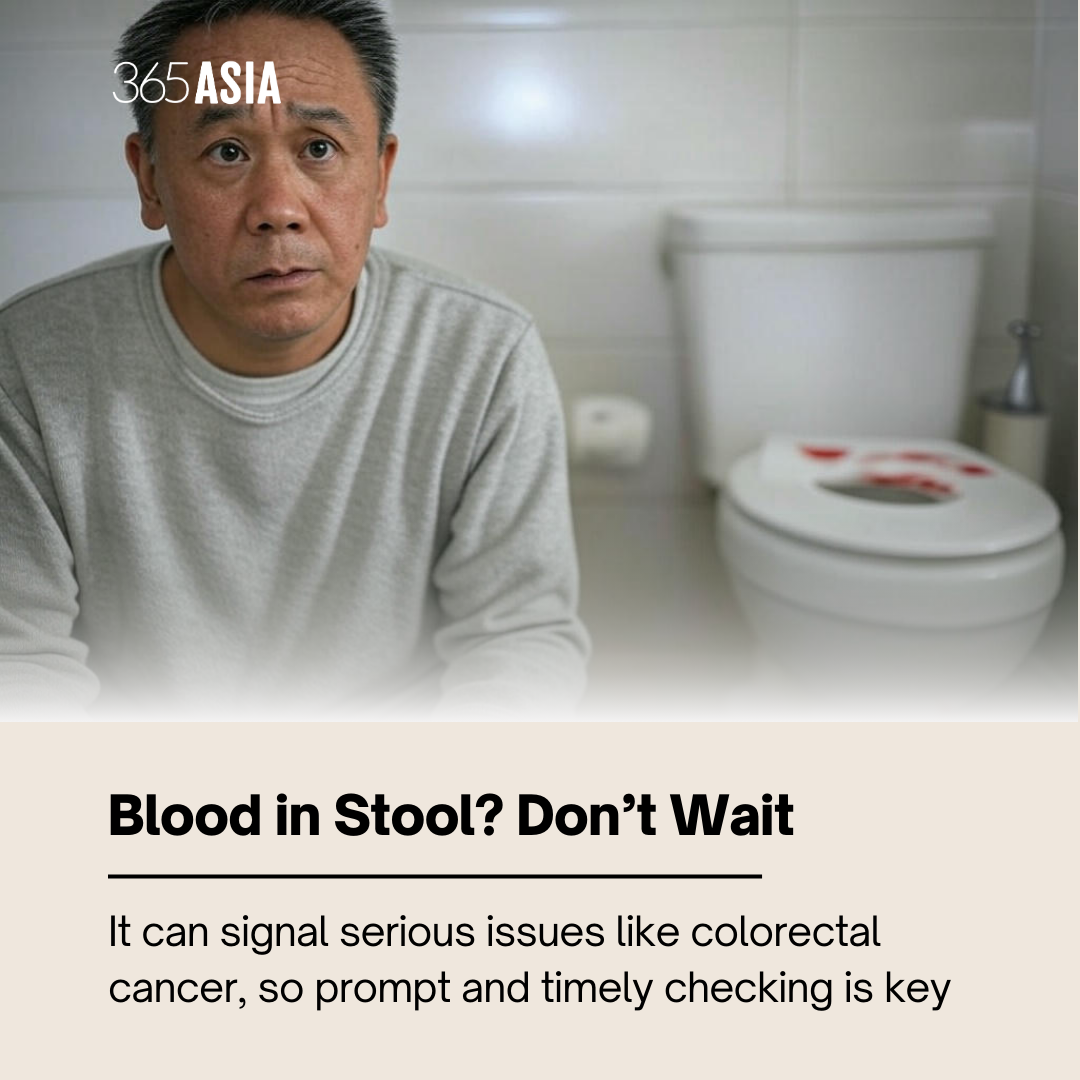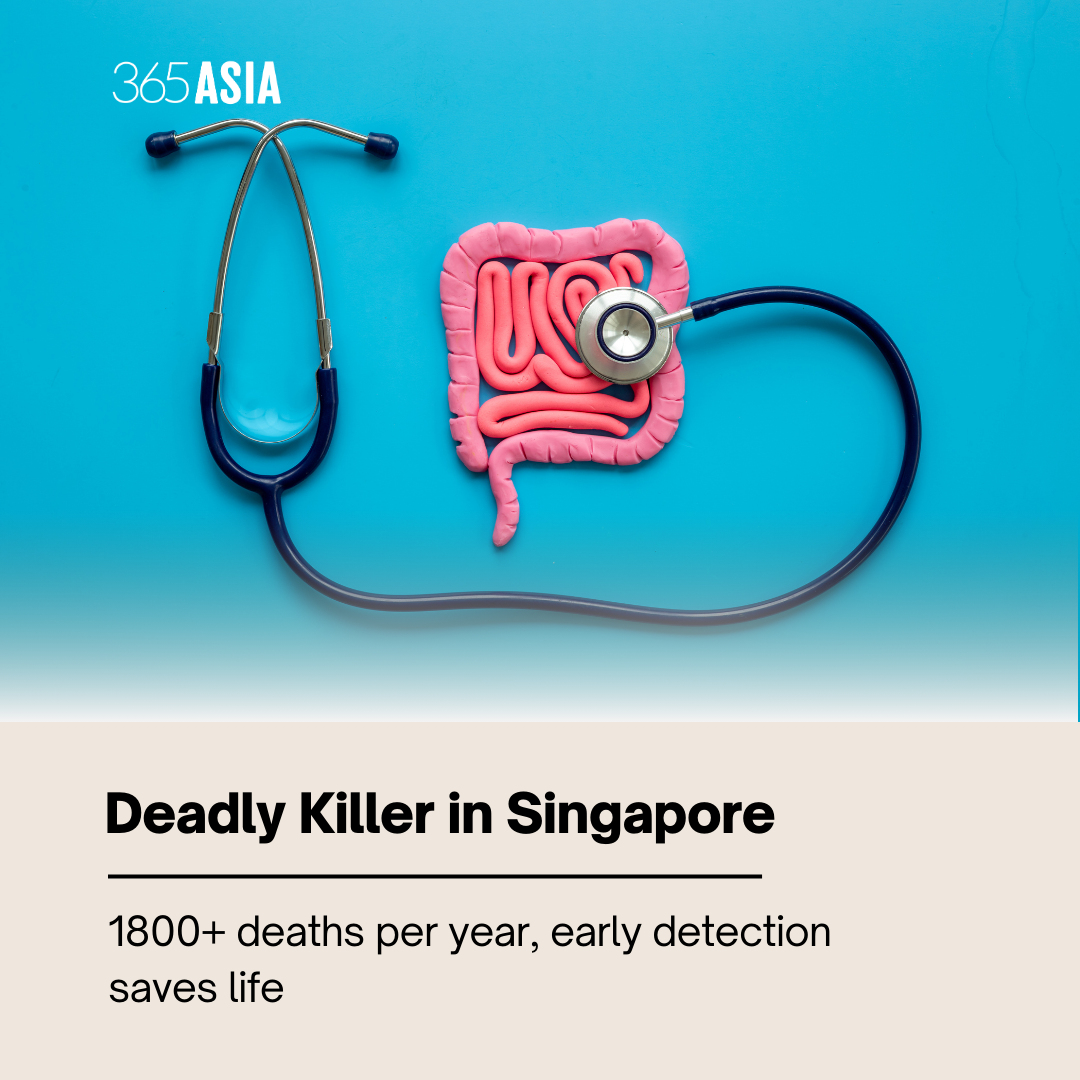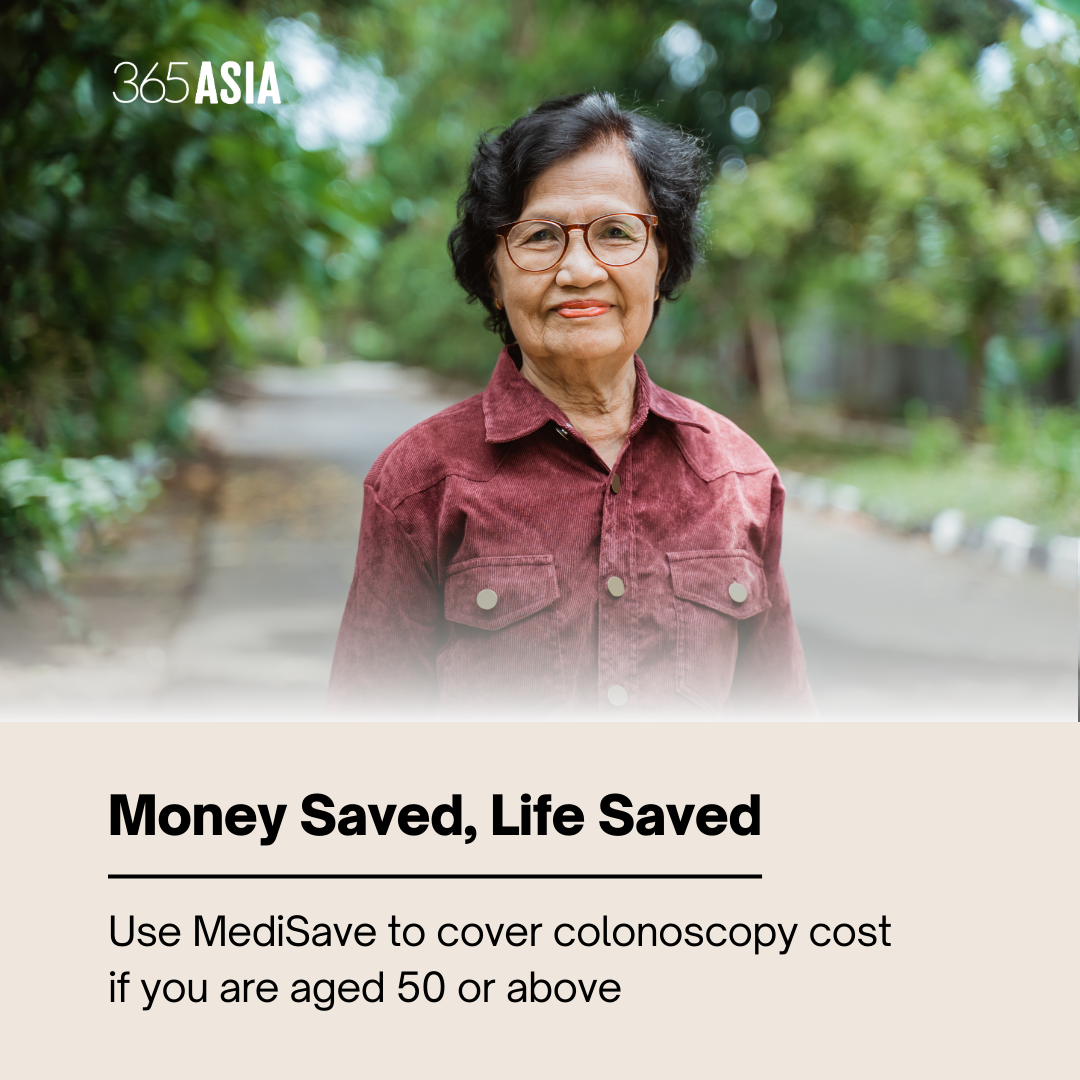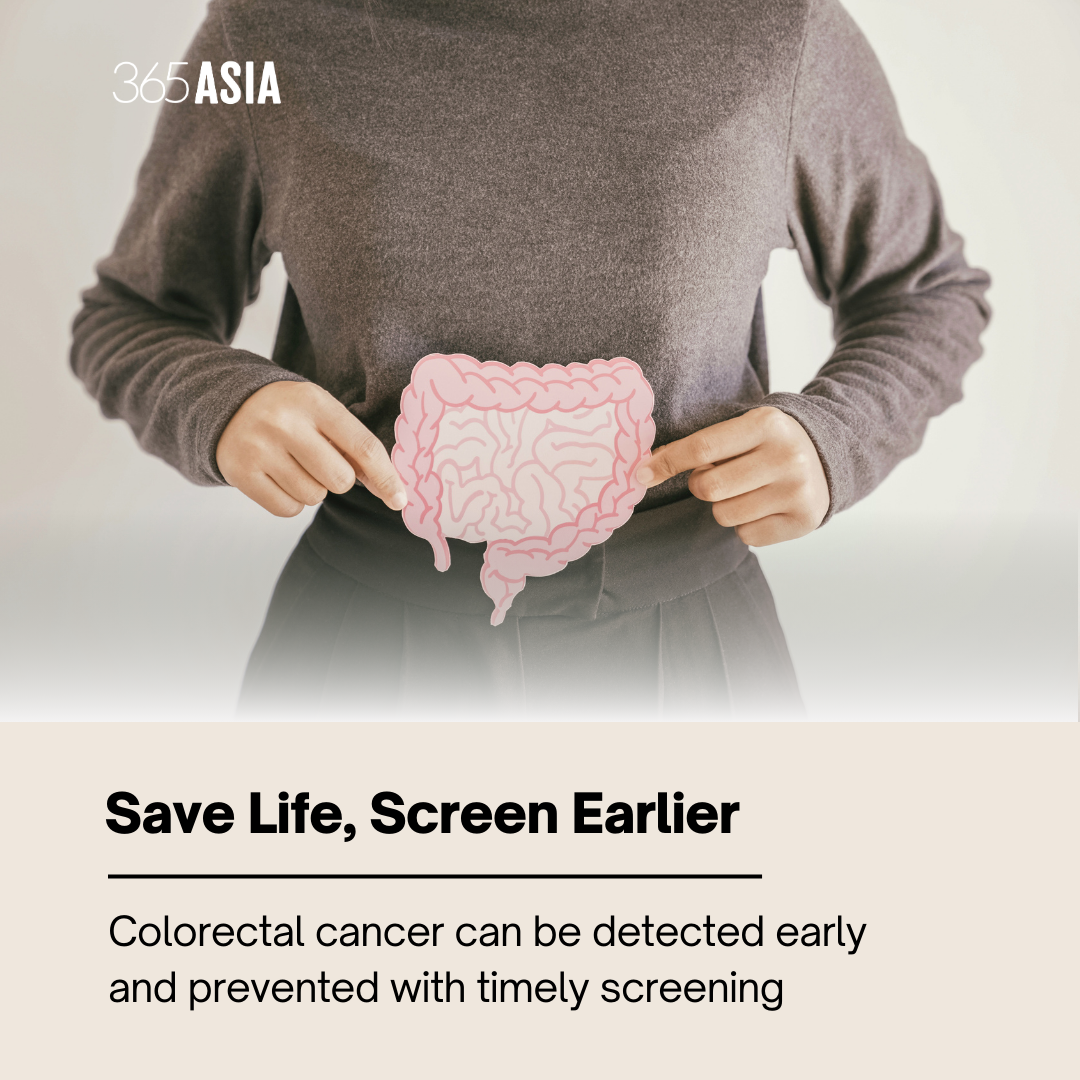Colonoscopy Cost Comparison: Singapore vs Malaysia & Thailand
We compare the estimated overall cost of colonoscopy in Singapore, Johor (Malaysia), Kuala Lumpur (Malaysia), and in Bangkok (Thailand).




Singapore citizens and permanent residents can use MediSave to offset the cost of a colonoscopy at a private clinic, provided it’s performed at a MediSave-accredited facility.
If you need further assistance or advice on financial arrangements, you can check with your insurance agent or consult one of our Preferred Financial Consultants in Singapore And Malaysia.
| Country | Ballpark Cost |
|---|---|
| Singapore | From SGD 2,500 |
| Malaysia | From RM 4,000 |
| Thailand | From THB 20,000 |
Disclaimer: The above cost information is provided for reference only and is not a confirmed cost. Actual costs may vary depending on various medical conditions and advice from licensed professionals. For accurate pricing and to make an appointment with doctors or medical centres, please contact us for further assistance.
Persistent changes in bowel habits (e.g., diarrhea or constipation lasting more than a few weeks), rectal bleeding, blood in the stool, unexplained abdominal pain, or sudden weight loss are key signs to watch for.
Yes, if you’re over 50 or have risk factors like a family history of colorectal cancer, screening is recommended even without symptoms as the changes of colorectal cancer increases with age.
While not specific, unexplained fatigue or weakness paired with other symptoms like anemia or blood loss could suggest a need for further investigation, including a colonoscopy. You should consult a doctor on your symptoms.
A colonoscope, a flexible tube with a camera, is inserted through the anus to visually inspect the colon and rectum for abnormalities like polyps, inflammation, or cancer.
No, other methods like stool tests (e.g., fecal occult blood test) or imaging (e.g., CT colonography) exist, but colonoscopy allows the doctor direct visualisation and carry out immediate interventions such as extraction of polyps for biopsies and to prevent them from becoming cancerous.
It’s highly accurate (over 95% success rate for detecting colorectal cancer), though small lesions can occasionally be missed, especially if bowel preparation is inadequate.
Stool tests (e.g., FIT) are non-invasive and detect blood or DNA changes but can’t remove polyps or confirm cancer; colonoscopy is invasive but diagnostic and therapeutic, allowing biopsy or polyp removal. Colonoscopy can detect issues become symptoms like blood in the stool appear.
CT colonography uses X-rays to image the colon and is less invasive but can’t remove polyps; colonoscopy offers direct visualisation and immediate action if abnormalities are found. Any issues discovered via a CT colonography may still require a followup colonoscopy.
Sigmoidoscopy examines only the lower colon and is less thorough than a full colonoscopy, which checks the entire colon, making it less ideal for comprehensive screening.
You might feel drowsy from sedation for a few hours and should avoid driving or heavy activity for the rest of the day; most people resume normal activities the next day.
We compare the estimated overall cost of colonoscopy in Singapore, Johor (Malaysia), Kuala Lumpur (Malaysia), and in Bangkok (Thailand).
Disclaimer: 365Asia aims to provide accurate and up-to-date information, our contents do not constitute medical or any professional advice. If medical advice is required, please consult a licensed healthcare professional.